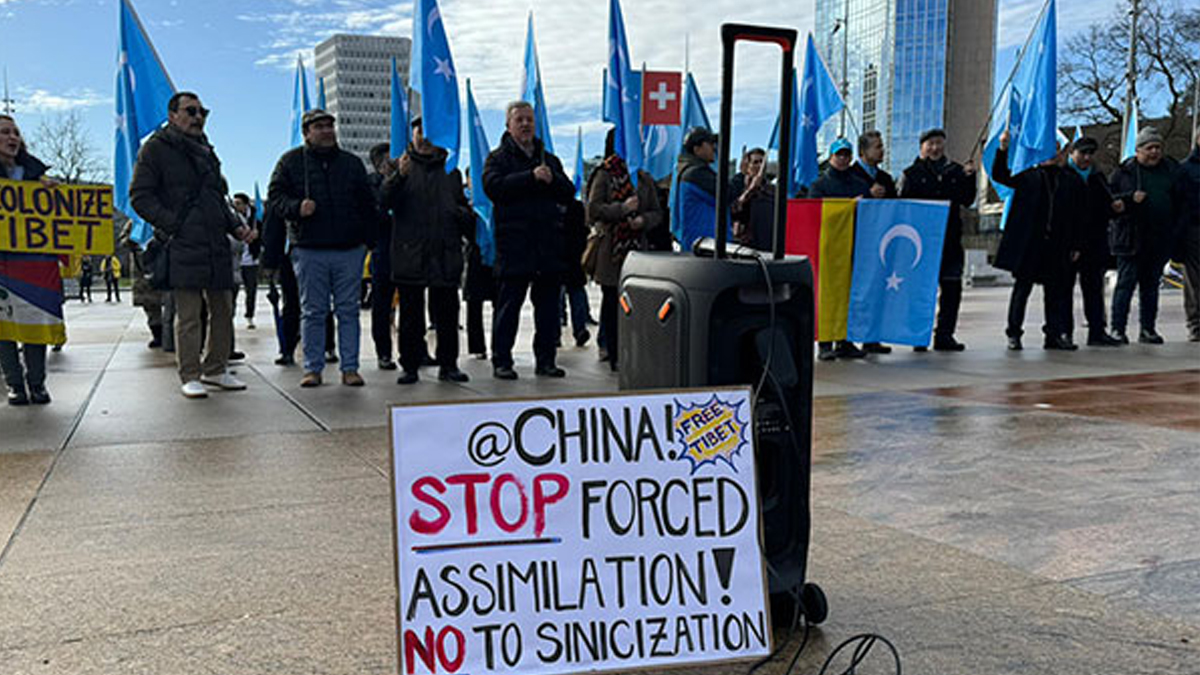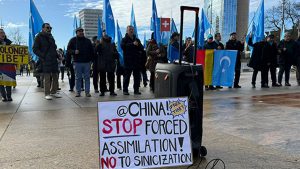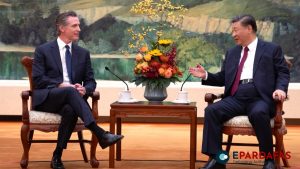
China Imposes Sanctions on Canadian Institutions and Individuals Over Uyghur and Tibet Issues

China announced on Sunday that it has implemented countermeasures against two Canadian organizations and 20 individuals for their involvement in human rights advocacy related to the Uyghur and Tibetan communities.
According to a statement on the Chinese foreign ministry’s website, the sanctions, effective from Saturday, include asset freezes and entry bans. The targeted entities are Canada’s Uyghur Rights Advocacy Project and the Canada-Tibet Committee, along with 15 individuals from the Uyghur rights group and five from the Tibet committee.
The sanctions include the freezing of “movable property, immovable property, and other types of property within the territory of China” belonging to the targeted institutions and individuals. Additionally, the affected individuals are barred from entering China, including the regions of Hong Kong and Macao.
Rights organizations have accused Beijing of widespread human rights abuses in Xinjiang, where millions of Uyghurs—a predominantly Muslim ethnic group—reside. Allegations include the use of forced labor and the operation of detention camps. Beijing denies these claims, describing its policies as efforts to combat extremism and promote economic development.
Similarly, China maintains that its control over Tibet, established in 1950, was a “peaceful liberation” that ended feudal serfdom. However, international human rights organizations and Tibetan exiles have consistently criticized Beijing’s governance in Tibetan areas as oppressive.
The Canadian embassy in Beijing has not responded to calls for comment, and Reuters has yet to receive a response from the targeted organizations or Global Affairs Canada.
This move marks another instance of escalating tensions between China and Canada over human rights issues, adding further strain to their diplomatic relations.












Comments